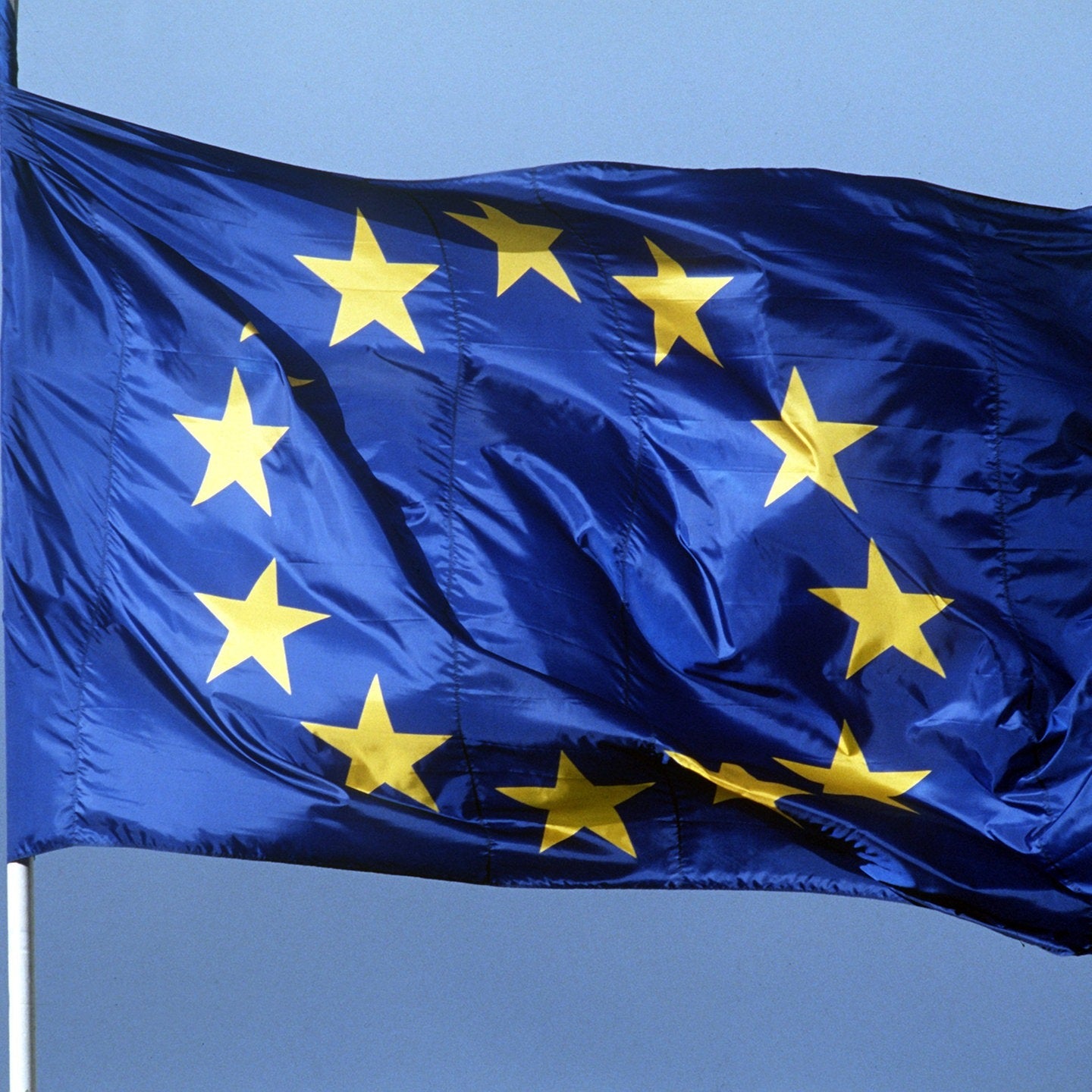
Die Digitale Identität der EU – Freiheit oder Kontrollinstrument?
Während uns die Europäische Union die digitale Identität als praktisches Alltagswerkzeug verkauft, das Sicherheit, Komfort und Fortschritt verspricht, verbirgt sich hinter der glänzenden Oberfläche ein tiefgreifender Umbau unseres digitalen und gesellschaftlichen Lebens – hin zu mehr Überwachung, Kontrolle und Abhängigkeit.
Die schöne neue Welt der Identität
Die Vision klingt harmlos, fast schon verlockend: Eine App auf dem Smartphone, in der Ausweis, Führerschein, Gesundheitsdaten, Schulzeugnisse und Bankzugänge gebündelt werden. Alles sicher, alles unter Kontrolle – natürlich deiner Kontrolle, wie man betont. Ein "digitales Ich", das dir den Alltag erleichtert, Grenzen überwindet und das Vertrauen in Online-Dienste stärkt.
Die EU-Kommission verspricht "Selbstbestimmung", "Datenschutz" und "digitale Souveränität". Doch was, wenn diese schöne neue Welt nicht für die Freiheit der Bürger gebaut wird – sondern für die völlige Nachvollziehbarkeit ihres Handelns?
Ein System für uns – oder über uns?
In Wirklichkeit entsteht hier gerade die Grundlage für ein flächendeckendes, interoperables Überwachungssystem. Was als Komfortlösung verkauft wird, ist ein Infrastrukturprojekt mit enormer gesellschaftlicher Sprengkraft:
-
Zentralisierung sensibler Daten: Wer Zugang zu dieser Identitäts-Wallet hat – sei es Staat, Tech-Konzern oder Geheimdienst – erhält einen vollständigen digitalen Abdruck jedes Menschen. Von der ärztlichen Diagnose über Reisebewegungen bis hin zum Online-Verhalten.
-
Technischer Zwang durch die Hintertür: Offiziell ist die Nutzung der digitalen Identität freiwillig. Doch was passiert, wenn Bankkonten, Steuerportale, Jobbewerbungen oder der Zugang zum Gesundheitssystem nur noch mit dieser ID möglich sind? Dann wird "freiwillig" zu einem Euphemismus.
-
Social-Credit-Systeme in Reichweite: Mit einer EU-weiten Infrastruktur zur Identifikation und Verhaltensverfolgung lassen sich theoretisch Mechanismen etablieren, wie wir sie heute aus autoritären Staaten kennen – personalisierte Einschränkungen, automatische Sanktionen oder Ausschlüsse. Alles digital, alles automatisiert, alles legitimiert.
Der Datenschutz als Feigenblatt
Die EU rühmt sich mit strengen Datenschutzregeln. Doch gleichzeitig sollen durch das neue Identitätssystem genau diese Datenströme in einer nie dagewesenen Tiefe zentralisiert und standardisiert werden. Die Bürger sollen zwar "die Kontrolle behalten" – aber was heißt das, wenn die Plattform, auf der sie ihre Identität verwalten, von Staaten oder Unternehmen kontrolliert wird?
Hinzu kommen mögliche Hintertüren: Notfallzugriffe, gesetzlich geregelte Ausnahmen, Geheimdienstklauseln. Die Geschichte hat gezeigt: Was technisch möglich ist, wird früher oder später auch genutzt – ob im Namen der Sicherheit, der Effizienz oder der "öffentlichen Ordnung".
Verpackt wie ein Produkt – implementiert wie ein System
Die Sprache, mit der das Projekt vermarktet wird, ist durch und durch technokratisch: "Nutzerfreundlichkeit", "Interoperabilität", "Innovation". Dahinter verbirgt sich jedoch ein Machtinstrument, das Vertrauen durch Kontrolle ersetzt, Freiheit durch Berechenbarkeit und Anonymität durch Nachverfolgbarkeit.
Es ist kein Zufall, dass Lobbygruppen der großen Digitalkonzerne, Banken und Versicherungen dieses Projekt massiv unterstützen. Eine digitale Identität, die alle europäischen Bürger umfasst, ist für sie ein Daten-Goldmine – und für Regierungen ein Machtmittel.
Was auf dem Spiel steht
Die digitale Identität ist mehr als nur ein technisches Update unseres Ausweises. Sie ist ein gesellschaftliches Projekt, das die Balance zwischen Bürger und Staat, zwischen Freiheit und Kontrolle, grundlegend verschiebt. Sie verwandelt den freien Menschen in ein digital kartiertes, vollständig analysierbares Subjekt.
Was wir heute entscheiden, hat Auswirkungen auf kommende Generationen. Wollen wir eine Zukunft, in der wir uns in der digitalen Welt ebenso anonym und frei bewegen können wie auf der Straße? Oder opfern wir diese Freiheit für eine trügerische Sicherheit, die jederzeit gegen uns gewendet werden kann?
Die Frage ist nicht, ob wir digitaler werden. Sondern: Wer beherrscht die digitale Welt – wir, oder sie uns?








